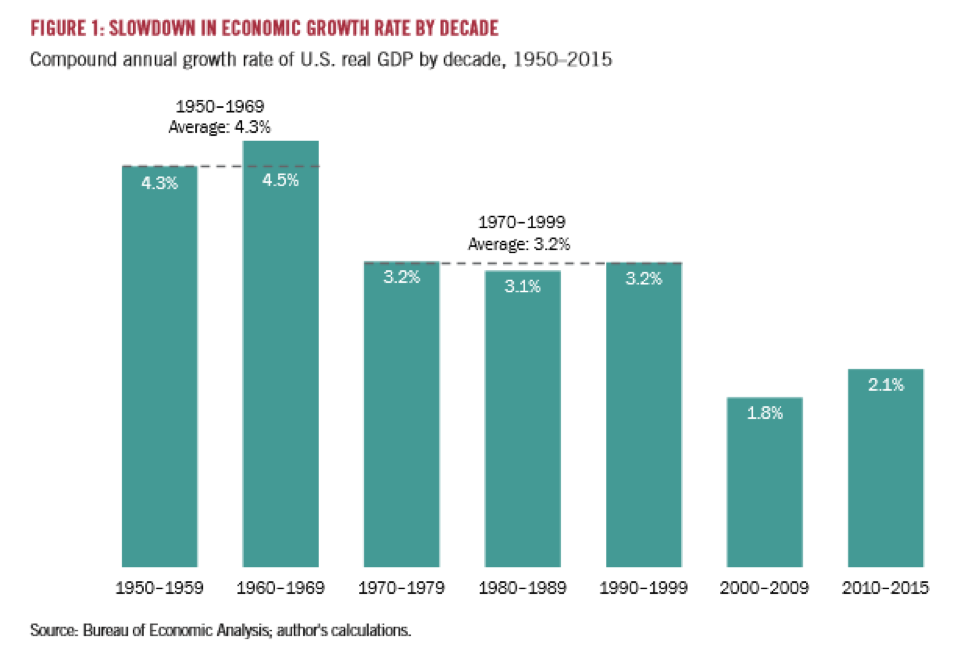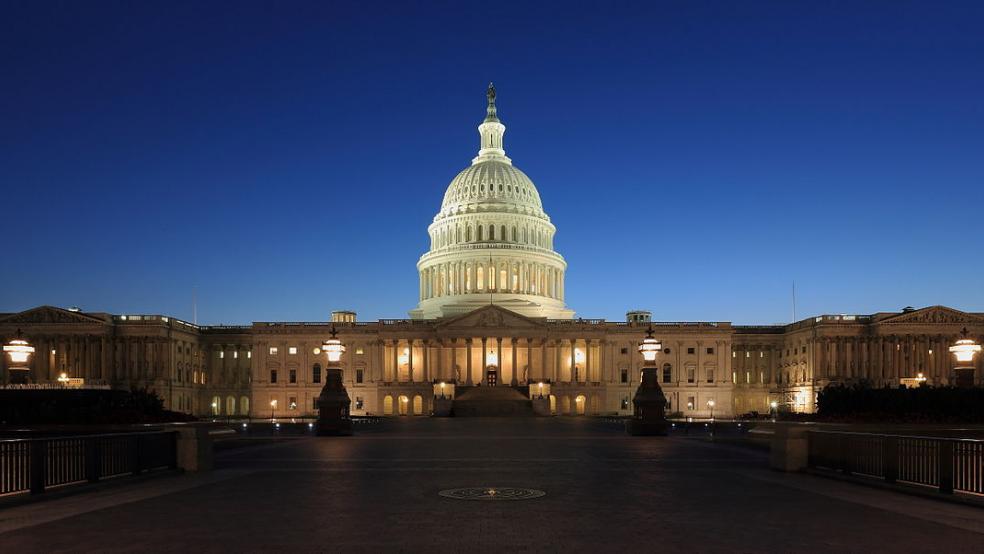A new Harvard Business School study on American competitiveness says that the single biggest threat to the economy is politics. It also says that more than at any time in recent history, the U.S. desperately needs a national economic strategy.
Related: US Economy Still Sluggish and the Election Isn’t Helping, Say Top CEOs
Among those surveyed – including almost 5,000 b-school alumni, MBA students and over 1,000 members of the general public -- the study found that 65 percent of business leaders and 50 percent of the public believe the political system is obstructing economic competitiveness and growth. “Over the last two decades,” the study says, “politics has increasingly become a liability. Today, we believe that our political system is now the major obstacle to progress on the economy, especially at the federal level.”
The number of laws passed by Congress is at historic lows, trust in Washington is waning, Republicans and Democrats hold more extreme views of each other, and the 2016 presidential candidates have appealed to voters’ worst fears, the study says.
Among the study’s economic findings:
- Despite an uptick last year, median household income has been stagnating since 1999.
- Large companies have been prospering, small companies struggling and startups lagging.
- Small business is no longer America’s engine of growth.
- The benefits of slow-growth prosperity are not flowing to the middle and lower classes.
- The U.S. economy has critical strengths but is hampered by the corporate tax code, weak K-12 education, the transportation infrastructure, and the health care and political systems.
- Federal policy is behind many of the weaknesses.
Related: The Biggest Threat to the Economy? It Could Be the Election
The study concludes that the country’s ability to create a competitive economy that will deliver “shared prosperity” and allow more Americans to “advance economically” was eroding well before the Great Recession that started in 2008. The weak recovery since then has been structural, not cyclical, according to the authors.

“Our failure to make progress reflects an unrealistic and ineffective national discourse on the reality of the challenges facing the U.S. economy and the steps needed to restore shared prosperity. Business has too often failed to play its part in recent decades, and a flawed U.S. political system has led to an absence of progress in government, especially in Washington.”
Related: What Donald Trump Gets Right About Stocks and the Economy
Among the report’s recommendations for fixing the broken political system:
- Campaign finance reform, with either stricter limits on or taxation of contributions.
- Elimination of gerrymandered congressional districts.
- Open primaries in which the two top vote-getters advance to the general election, regardless of party.
- Eliminating party control of what legislation is voted on by the full House and Senate.
- A lifetime ban on lobbying by former senators and representatives.
- Term limits for both houses of Congress.
Chief among the most effective and immediate ways to unlock America’s potential for economic growth, the study says, would be to simplify the corporate tax code; move to a territorial tax which applies only to domestic income; and ease immigration for the highly skilled.
There was near-universal support for tax reform among business leaders in the survey, with the consensus calling for a rate reduction of at least 10 percentage points.
The report written by economist Michael E. Porter, founder of the Institute for Strategy & Competitiveness; research dean Jan W. Rivkin; finance professor Mihir A. Desai; and researcher Manjari Raman.





